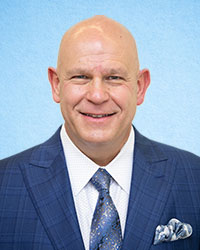WVU Medicine Wheeling Hospital podiatric physicians treat patients with problems affecting the feet and lower legs. Our board-certified podiatrists provide specialized expertise, and we work collaboratively with other physicians, including orthopedics and vascular surgery, to offer comprehensive foot and lower leg treatment.
Conditions we treat:
- Advanced wound care of the lower extremities
- Ankle problems
- Arthropathies (Charcot, rheumatoid)
- Bunions and hammertoes
- Corns and calluses
- Dermatologic issues
- Diabetes foot care
- Foot and ankle pain
- Foot and ankle soft tissue injuries
- Foot and toe fractures
- Flat feet/fallen arches
- Heel pain
- Ingrown toenails
- Limb salvage
- Neuroma
- Neuropathic pain
- Skin conditions of the lower extremities
- Tendonitis
- Tendon rupture
- Trauma
Treatments and Services
The many bones, ligaments, and tendons of the feet and lower legs need specialized treatment that WVU Medicine Wheeling Hospital podiatrists can provide. At your first visit, we’ll ask questions about your medical history, observe how you stand and walk, and evaluate how your shoes fit.
Proper footwear or shoe inserts may be recommended to improve foot and ankle structure and ease overuse of muscles. Physical therapy can also be helpful for some foot and lower leg conditions. A podiatric physician can remove ingrown toenails, corns, calluses, and warts during an office visit.
For bunions, we offer a three-dimensional bunion correction called Lapiplasty™, which corrects the entire bone and addresses the root cause of the bunion. Recovery time from Lapiplasty™ is significantly better than traditional bunion surgery, and patients are allowed to walk wearing a boot immediately after this procedure. Lapiplasty™ is now the #1 bunion system in the U.S.





